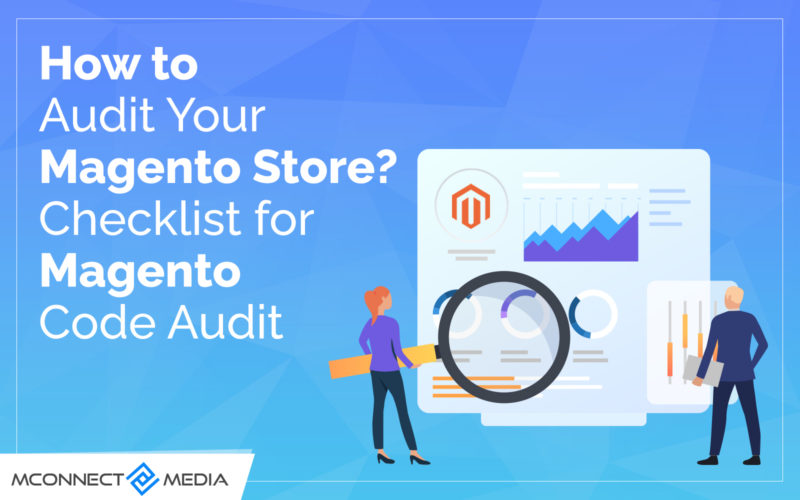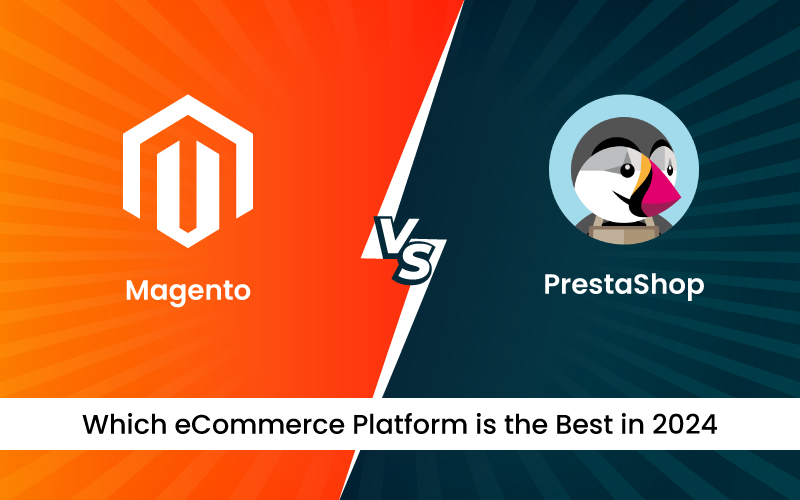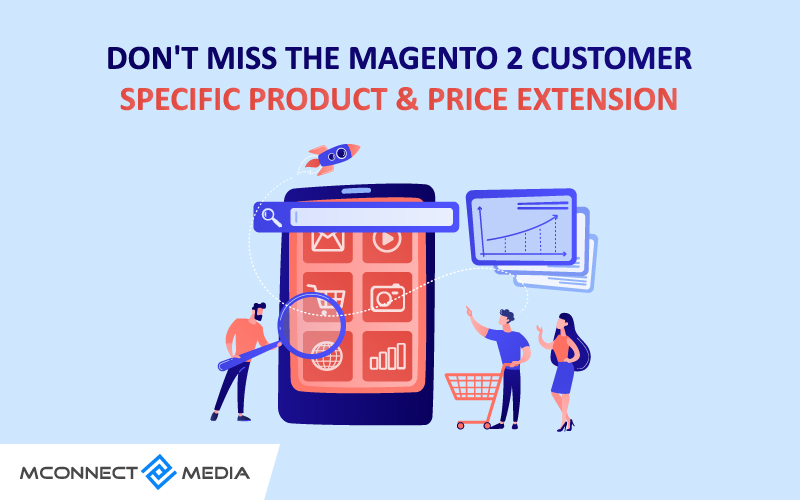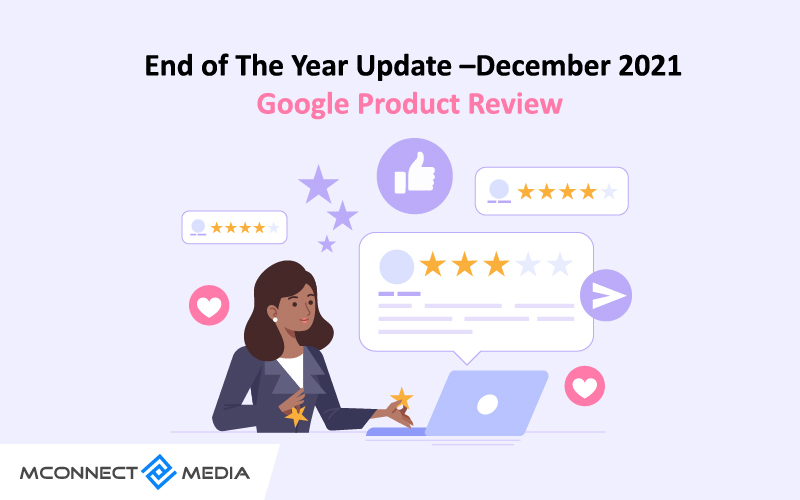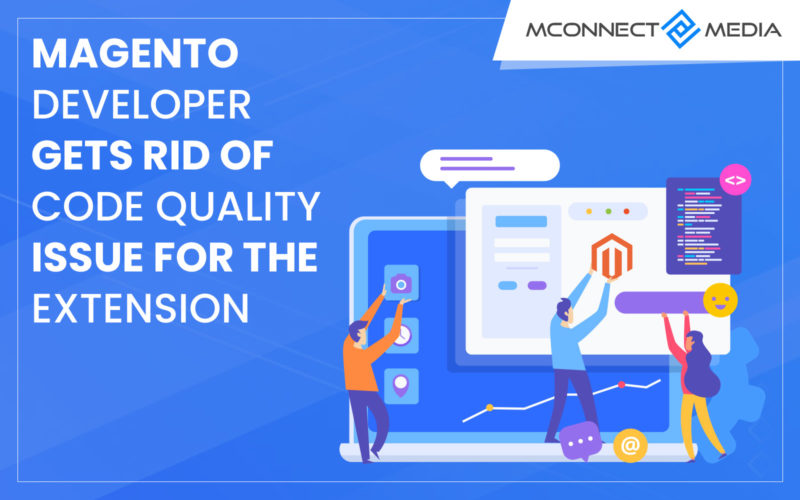Let’s say you have been experiencing some abruptions in your Magento 2 store and decide to audit your Magento store to find out everything works as desired or not. But the question is where should you start your audit from? The best way to do this is to hire an expert team of Magento developers like M-Connect Media.
Anyway, you decide to do it yourself thinking how hard can it be? Well, we all are here to find that out. Performing code audit for your Magento 2 store is not rocket science if you know what an audit looks like. It’s thoroughly examining your website’s each corner to prepare a report that includes an actionable plan. This plan will then be used as a guide to fix abruptions found in your Magento store.
But to start with the audit, first, you need a checklist of key areas where you’ll perform the audit. So, without further delay, let’s start on that.
Magento Code Audit Checklist
Magento code audit is the most technical audit of all. It requires technically sound eyes to review all the aspects of a code. You not only have to review the core code files, but also have to review dozens of extensions installed on your Magento store. Reviewing the 3rd-party extensions will take up most of your audit time.
1. Core code Integrity Review:
The first on the checklist of Magento code audit is core code integrity review. Your Magento website contains core code surrounded by 3rd-party extensions. Modifying the Magento core code is a bad coding practice that some developers do. Doing so poses a great challenge when you want to upgrade or patch your modified Magento.
Core codes of your Magento store are vital and must be left untouched. If you find that your core Magento code is modified in some way, invest a bit of time and money in the development effort. Separate all the customization & modified changes into extensions from the core code of your Magento store.
2. Performance Review:
Good performance is a vital organ for your Magento store. The frontend of your store makes up for most of the performance-related issues. To deal with that you might need a separate checklist. The first step of that checklist must be to review JavaScript files. Unoptimized & poorly implemented JS files take up a load of client-based processing, holds up content from loading, create unnecessary bottlenecks, & provide an awful user experience.
The JS-heavy store relies on the web browser of users to process & show web pages quickly. However, a lot depends on how you structure code & where you place it.
Next on the line is 3rd-party extensions. Make a list of extensions installed on your Magento. Now, mark down the extensions you can toss away without losing the functionality. Find the necessary ones, measure how they impact your store, and optimize them if need be to better the performance of your Magento store.
3. Magento Theme Review:
Themes that no longer been supported can create a host of issues for your Magento store. It can affect adversely on your store’s performance as well. It’s not always a good option to change from a heavily customized theme to a lighter theme for better performance. Sometimes, you have to make do with what you already have. Also, changing themes frequently may break some functionality in your store.
The best way out of it is to find what’s creating the problem and try to resolve it. To optimize your theme for better speed, neatly store CSS files, use optimized media files, never use JS bundling, minify HTML, keep the number of 3rd-party extensions low, etc.
4. Database Performance Audit:
The database of your Magento store needs to be secure and fast. And this is what we are going to review in our database performance audit. To ensure that your database always stays secure, you must upgrade the version of Magento to the latest stable version. Doing so will not only secure your database but also eliminate any future security breaches.
The latest Magento version can better defend against SQL injections & other unauthorized ways to gain access to your Magento store & database. To ensure that this does not happen with your Magento database, find potential breach points that allow access to illegal permissions, unauthorized writes, objects, manipulate networks, and other users.
Also, another aspect of your database is to make sure it is fast enough to handle the excessive workload. It must not create any bottlenecks in the need of the hour.
5. Cache Speed Review:
Page caching is important for Magento stores to perform better. It has become a necessary tool for websites that tend to get a lot of requests for the same files. And caching solutions can predict & call it from the cache system rather than from system SSD.
The default Magento 2 now comes with full-page caching to replace the 3rd-party caching solutions. Enabling the full-page cache is the best alternative of all if you don’t want to invest resources for supporting the infrastructure. Another option is to use Varnish. It is also a great caching solution to better the speed by customizing it to your needs.
You must look for how caching is implemented on your Magento store, how much users’ time it saves up, and which caching solutions are better for you. Audit the cache configuration of your Magento store to make sure it is optimized for each use case.
6. SEO Data Review:
SEO is an important part of your Magento store when it comes to analyzing sales. Not giving proper attention to it can create unnecessary bottlenecks for your Magento store sales performance. An SEO audit will include on-page SEO, technical SEO, and links review.
To review your SEO data properly, you must have enabled Google Search Console and Google Analytics. Both tools from Google provide a treasure of data that you can analyze and draw out conclusive results.
Summing Up:
In a nutshell, each audit type will give you two things: a list of issues and an actionable plan. The actionable plan will guide you to resolve issues found during auditing your Magento store. As an internal auditor, you have to handle both the tasks: outlining the issues you find and detailing how they are fixed.
If you don’t want to go through the hassle of doing an audit yourself, then hire experts like M-Connect Media. We offer flamboyant Magento code audit services for Magento eCommerce stores. Our apt developer will conduct an extensive audit of your store and provide an in-depth review report consisting of insights, suggestions, and optimization hacks. Contact us now to get started today.


